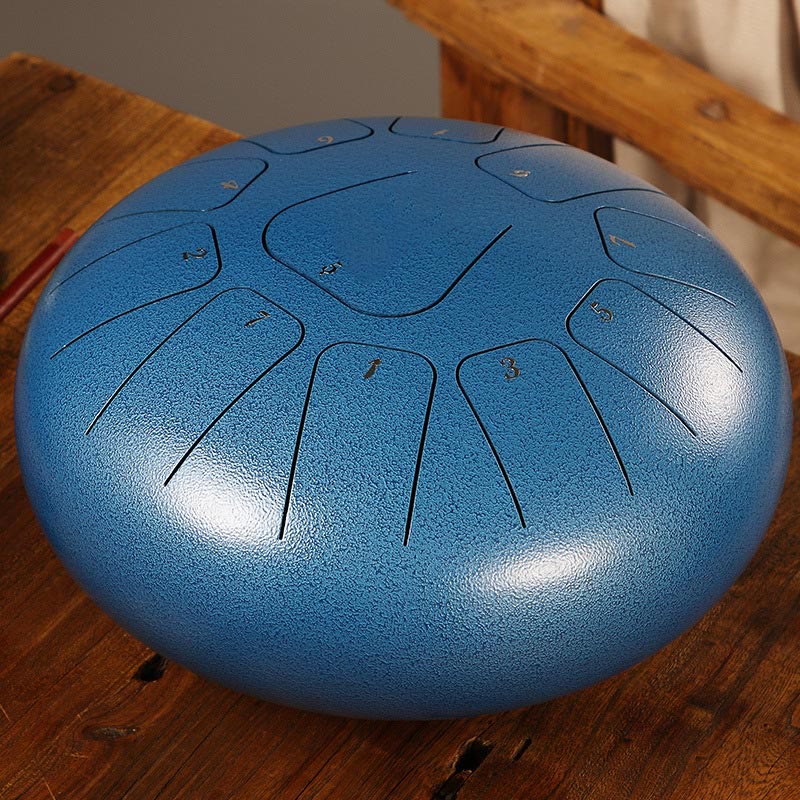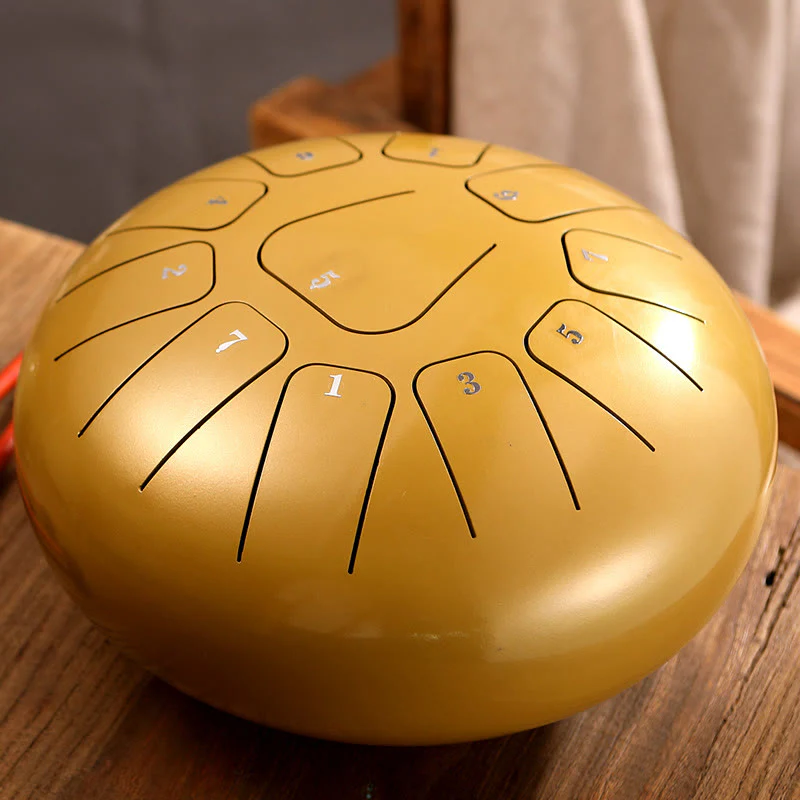- Mon - Fri:
9:00am – 9:00pm
- Call Us:
+1-702-268-6636
- Language:
English
- Currency:
$USD
+1-702-268-6636
English
$USD





Follow us to learn more about energy growth
In our fast-paced world, finding moments of stillness can feel like a luxury. Meditation and mindfulness practices offer a way to slow down, reconnect, and restore inner balance. One powerful tool in this journey is the singing bowl—a centuries-old instrument known for its calming, meditative sound. In this guide, you’ll learn exactly how to use a singing bowl, even if you’re a complete beginner, and discover how it can enhance your well-being.

Before learning how to play them, it’s important to understand what singing bowls are. Also called Tibetan singing bowls or meditation bowls, these instruments have been used for centuries in the Himalayan region for meditation, healing, and ceremonial purposes. Traditionally made from a mix of metals such as copper, tin, and other alloys, singing bowls produce a deep, resonant sound when struck or when their rim is rubbed with a mallet. This sound can help quiet the mind and encourage relaxation.
If you’ve never used one before, don’t worry—these eight steps will guide you through the process.
Choose a quiet, comfortable space where you won’t be disturbed. You might want to create a dedicated meditation corner with your singing bowl, candles, crystals, or incense to help set a calming mood.
Select a singing bowl that appeals to you both in appearance and sound. Try different bowls, listen to their tones, and choose one that feels harmonious to you.
Sit on the floor or in a chair with your spine straight and shoulders relaxed. You can also lie down if it’s more comfortable—just make sure you remain alert and present.
Place the singing bowl in the palm of your hand, or rest it on a soft cushion in front of you. Take a moment to feel its weight, texture, and energy before you begin.
You can create sound by:
Try tapping the bowl at different points or varying your rimming speed to produce different tones and harmonics. Notice which sounds feel most soothing to you.
Let your attention rest on the sound and vibration of the bowl. If your mind wanders, gently guide it back to the present moment and the resonance you hear.
Incorporate the singing bowl into your daily routine—perhaps in the morning to set intentions or in the evening to wind down before bed. Over time, this can deepen your mindfulness practice and strengthen your sense of inner peace.
Singing bowls are more than just beautiful instruments—they’re gateways to relaxation, mindfulness, and self-awareness. By following these steps, you can begin your own journey into sound meditation, using the bowl’s vibrations to center your mind and calm your spirit. With regular practice, you may find that your singing bowl becomes an essential companion on your path to inner harmony.
